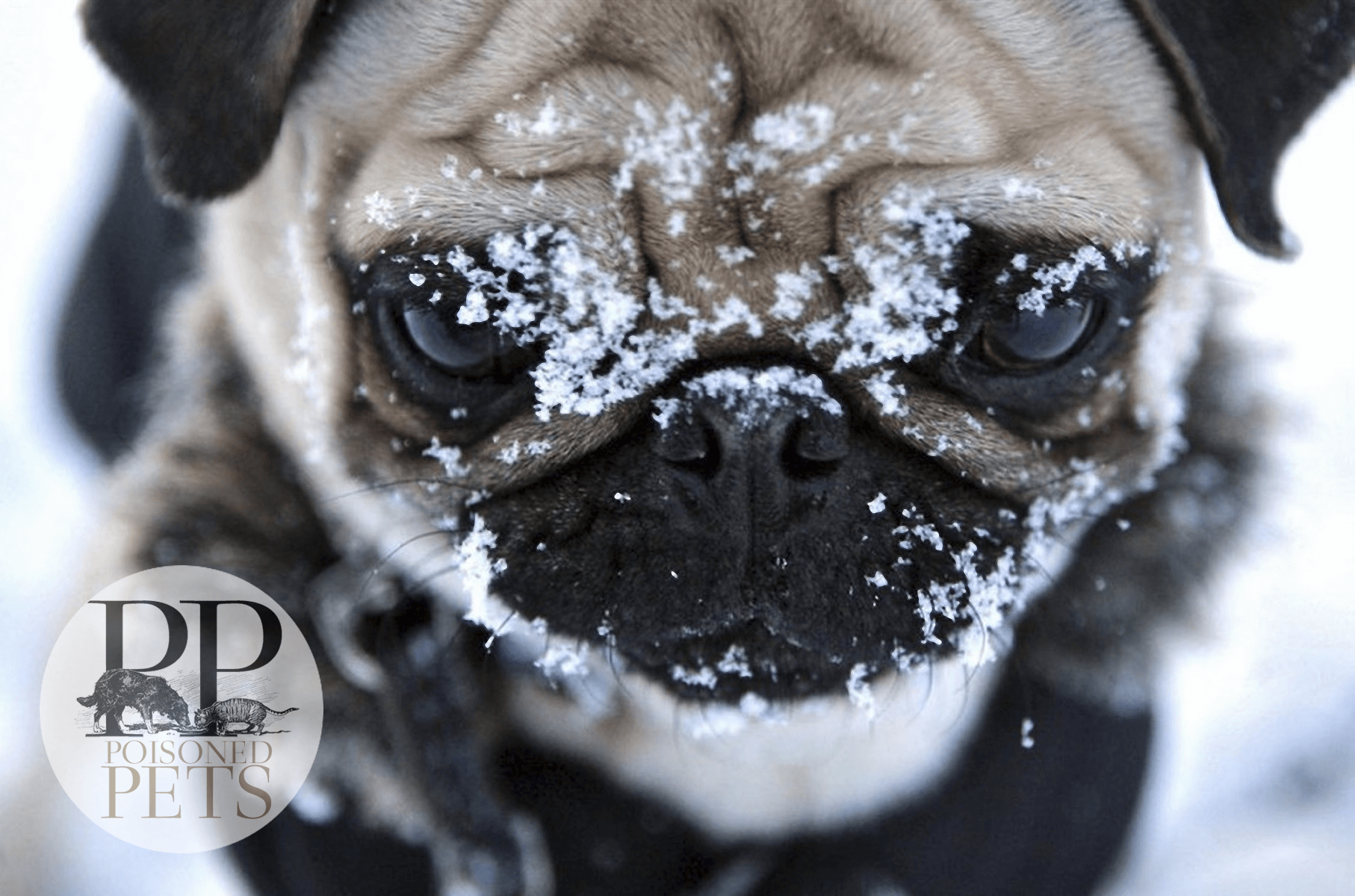A U.S. Food and Drug Administration (FDA) spokesperson confirmed yesterday that the agency found sodium pentobarbital in unopened cans of Evanger’s dog food, following the recall announced on Friday. As a result of the testing, Evanger’s “voluntary” recall was initiated at the request of FDA.
Previously, a toxicology report concluded that a large quantity of pentobarbital was identified in a sample from an opened can of Evanger’s Hunk of Beef dog food and in the stomach contents of a dog that died as a result of consuming the contaminated dog food.
Source of pentobarbital unknown, speculation surrounding case rises
Because carcasses of animals euthanatized by sodium pentobarbital may contain potentially harmful residues, these carcasses are handled under the strict guidance of USDA inspectors and disposed of in a manner that prevents them from being consumed by human beings. Unfortunately, carcasses that are contaminated with drug residues and deemed condemned and unfit for human consumption by the USDA are routinely disposed of by rendering and can be processed into pet food and animal feed. And the drugs used to treat or euthanize sick animals may still be present in pet food and animal feed. Sodium pentobarbital is just one example of a drug that passes through processing unchanged.
Source of euthanized species in Evanger’s dog food unknown
In a statement following Evanger’s dog food recall, Evanger’s was quick to distance themselves from any responsibility – suggesting the tainted meat was from their supplier “despite having a relationship for forty years.” Remarkable, considering Evanger’s has been caught by the FDA in the past for substituting ordinary beef for – more expensive – exotic meats such as rabbit and lamb, Evanger’s did not think it prudent to analyze the source of the meats used in their pet food.
While it is unknown what species of animal was euthanized and used in Evanger’s pet food, some are skeptical that the tainted meat was from a euthanized cow (as it is a legal method of euthanization) and suggest a darker – more sinister – source of the tainted meat: Euthanized companion animals.
Over the years, disturbing reports have emerged postulating that euthanized companion animals are rendered for use in pet food. Lending validity to such reports is, that currently there is no law prohibiting the rendering of companion animals in the U.S. In fact, the Centers for Veterinary Medicine (CVM) has stated that “[i]n recognizing the need for disposal of a large number of unwanted pets in this country, CVM has not acted to specifically to prohibit the rendering of pets.”
History of sodium pentobarbital contamination in pet food
This reality is further illustrated by a 2002 investigation by the CVM into reports of sodium pentobarbital in dog food. In its study, the CVM found sodium pentobarbital in some samples of dog food and concluded that the residues are entering pet foods from euthanized, rendered cattle or horses. Although, in their report, the scientists who conducted the CVM studies revealed that none of the samples tested positive for equine derived proteins. In fact, the samples did not point to a single protein source responsible for the contamination.
Pet food – an environmental hazard
On all packages of sodium pentobarbital, the product labeling must bear the following warning statements:
“ENVIRONMENTAL HAZARD: This product is toxic to wildlife. Birds and mammals feeding on treated animals may be killed. Euthanized animals must be properly disposed of by deep burial, incineration, or other method in compliance with state and local laws, to prevent consumption of carcass material by scavenging wildlife.”
Accordingly, the Secondary PoisoningFactSheet (FWS) and the U.S. Environmental Protection Agency have strict laws governing the protection of wildlife and the environment, requiring all pentobarbital-euthanized carcasses to be prominently tagged with one or more highly visible “POISON” warning labels. Bagged animals should have a label affixed to the carcass itself and also attached to the outside of the bag. The FWS enforces these wildlife protection laws. Unfortunately, some animal species affected by secondary poisoning – such as pet dogs – are not protected under Federal law. Although if such animals die after feeding on poisoned carcasses, those responsible may be liable under State or local laws. As such, one could assume that Evanger’s pet food could pose a risk not only to pets, but for the secondary poisoning of wildlife as well.
Evanger’s alternate reality and the human-grade myth
Curiously, Evanger’s website claims that “all Evanger’s foods are made with completely human-grade, highly palatable and nutritious foods that will satisfy even the most finicky eater.” There is a problem with Evanger’s claim – under the law, any pet food making that claim must adhere to a strict set of guidelines, one of which includes the food must be manufactured under human food processing standards and be made in a facility registered to produce human food. But the problem is Evanger’s pet food canning facility is registered to produce pet food and pet food only thereby falling short of the legal requirement to make such claims.
A liability to human health
It is important to realize that it took only several ounces of Evanger’s Hunk of Beef canned dog food to cause four dogs to become violently ill and one dog to die after sharing the contents of only a single 12 oz. can of the food. While it is highly unlikely that children with access to pet food served on the floor would consume a wet dog food, the possibility exists that – in addition to the danger the food poses to pets – there is a danger to humans as well. It may be prudent for the pet food industry to consider the enormous liability if ever a human were harmed from accidentally consuming a poisoned pet food.

Special note: Thanks to Phyllis Entis of eFoodAlert for sharing the information with me that the FDA confirmed the finding of pentobarbital in unopened cans of Evanger’s dog food.


Comments (4) Write a comment